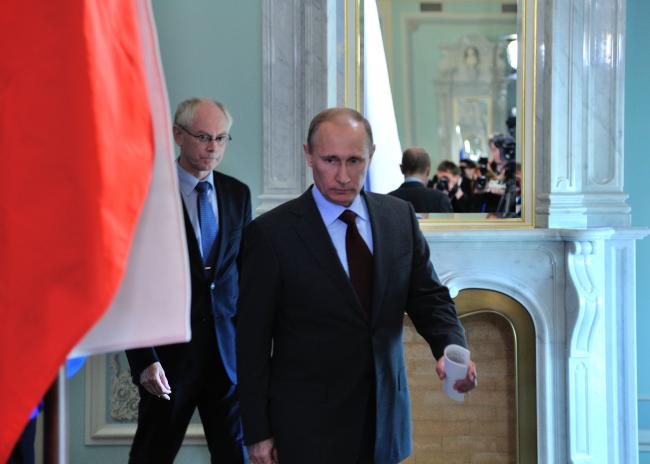Better protected Syrian cultural heritage. Sanctions adjusted
(BRUSSELS2) The regulation (*) imposing sanctions on Syria will be modified on three points: prohibiting the trafficking of Syrian cultural property, specifying the derogation for humanitarian aid and authorizing the transfer of chemical weapons, within the framework of the work of the OPCW. The group of specialists in external relations (RELEX) is due to discuss this today.
Protecting Syrian cultural heritage
A new restrictive measure has been put in place to protect against the trafficking of cultural property. The import, export and transfer of Syrian cultural property or other objects are thus prohibited. of religious, scientific, cultural, historical or archaeological significance », in three hypotheses:
- if these goods belong to public collections listed on the inventories of museums, archives, libraries or religious institutions »;
- if there are reasonable grounds to suspect that such items have been removed from Syria without the consent of their rightful owners;
- if there are reasonable grounds to suspect that such property has been removed from Syria in violation of Syrian law or the UN convention protecting the world's cultural heritage.
It should be noted that this prohibition is not applicable if it is demonstrated that the goods are returned to Syria within " the objective of retrieving them from their rightful owners..
Clarification (formal) on the humanitarian aid derogation
It is above all a question of clarifying the derogation from the freezing of funds (or necessary economic resources) for humanitarian aid. It is known that the funds and economic resources necessary for humanitarian assistance are authorized. It will be specified that these are funds intended for the United Nations, to provide this humanitarian assistance, which respects the United Nations Response Plan (for) humanitarian assistance in Syria ". When considering waiver requests, competent authorities should “ take into account the humanitarian principles set out in the European Consensus on Humanitarian Aid ».
Waiver to allow the work of the OPCW
A waiver to the arms embargo is provided to allow funding or financial assistance on activities " importing or transporting chemical weapons identified by the Organization for the Prohibition of Chemical Weapons (OPCW). The objective is to facilitate the work of destruction of chemical weapons, following the Russian-American agreement and the resolution of the Security Council of the United Nations (resolution 2118/2013).
(*) Regulation 36/2012 of January 18, 2012
